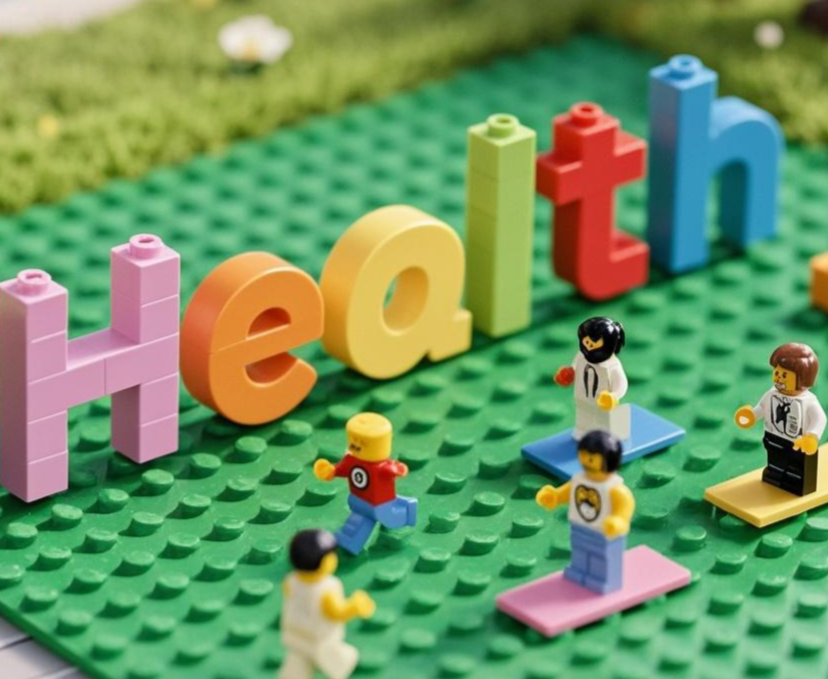Digital Mental Health Support: The Tech-Driven Revolution in Psychological Care

1. The Exponential Growth of Digital Mental Health
The global digital mental health market is projected to reach $26 billion by 2027 (20.3% CAGR), fueled by:
- Post-pandemic mental health surge (25% increase in anxiety/depression per WHO)
- 83% smartphone penetration rate
- Expanded insurance coverage (85% US commercial plans now cover teletherapy)
2. Four Core Technological Breakthroughs
① AI Emotion Recognition
- Woebot analyzes 400+ linguistic features (85% depression screening accuracy)
- Emerging tech: Multimodal emotion detection (voice tremor, micro-expressions, typing patterns)
② VR Exposure Therapy
- Clinical results:
✓ 40% better PTSD treatment response
✓ 50% shorter social anxiety treatment cycles - Innovation: Meta group therapy rooms (12,000+ monthly active groups)
③ Digital Phenotyping
- Harvard study: Smartphone usage predicts bipolar episodes (92% accuracy)
- Applications:
- Mindstrong: Keystroke dynamics for cognitive monitoring
- BiAffect: Typing pressure detects manic tendencies
④ Blockchain Mental Health Records
- PsyCoin (Switzerland): Patient-controlled treatment history
- Enables secure cross-institution data sharing
3. Service Model Innovations
① Stepped-Care System
- Mild cases: AI chatbots (e.g., Wysa)
- Moderate needs: Human-AI hybrid therapy
- Severe conditions: Digital biomarker alerts
② Mental Health-as-a-Service (MHaaS)
- Microsoft Viva Insights: Real-time employee stress monitoring
- Ping An Psychological Cloud: Serving 200+ corporations
③ Game-Based Therapeutics
- EndeavorRx: First FDA-approved ADHD treatment game
- Clinical trial results: Comparable to medication (zero side effects)
4. Clinical Validation & Challenges
① Evidence Base
- JAMA Psychiatry: Digital CBT outperforms drugs for insomnia (d=0.89)
- Only 23% of mental health apps have RCT validation
② Current Challenges
- Privacy concerns (78% users fear data commercialization)
- Digital divide: Low-income adoption = 1/3 general population
- Regulatory lag: FDA approved just 7 digital mental health products in 3 years
5. Future Directions
① Precision Psychiatry
- Genetic testing + digital phenotyping for treatment matching
- Case: Genomind’s pharmacogenetic guidance for antidepressants
② Ambient Intelligence
- Smart home devices (Amazon Halo) detecting mental crises
- Japanese prototype: 88% accurate mood-recognizing mirrors




